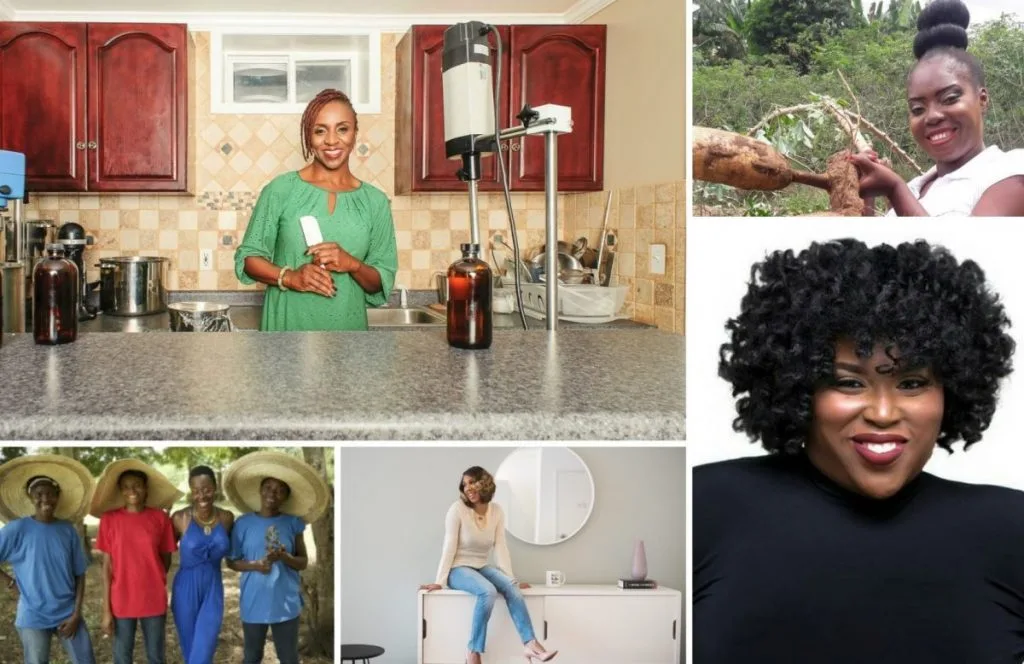
Black women continue to lead the startup charge.
Since right before the Covid pandemic began, there’s been a 70% increase in the number of new Black-women-owned small businesses, according to research published in November by Venture Forward, GoDaddy’s research initiative.
The latest figure builds on a multiyear trend. The 2017 State of Women-Owned Businesses Report found that the number of Black women-owned businesses grew by a whopping 605 percent between 1997 and 2017, significantly outpacing every other demographic group. Additional research shows that 17 percent of all Black women are either launching or running businesses of their own.
That said, racism and sexism can still impact the growth of Black-women-owned businesses, especially when it comes to accessing capital. So, we’ve put together a list of entrepreneurs whose businesses and nonprofits show us that these ventures are sustainable and scalable, despite the numerous hurdles. Many of the women featured below have taken chances, or picked themselves up after significant falls, showing us bravery and resilience as well — and becoming true examples for others to follow.
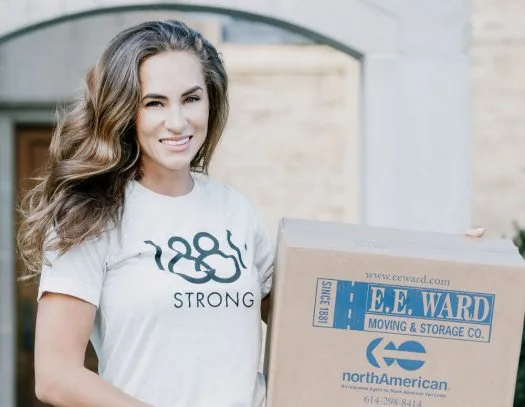
(Credit: Kristen Yates)
Dominique Reighard-Brooks: E.E. Ward
She took the leap from being a successful top model – literally, as she was a finalist on the popular reality competition “America’s Next Top Model” – to co-owning E.E. Ward, the oldest consistently Black-owned business in America. Her fresh perspective and branding savvy have taken the moving company to new places.
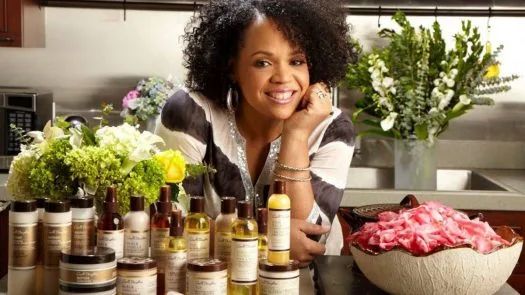
(Credit: Carol’s Daughter)
Lisa Price: Carol’s Daughter
A beauty entrepreneur, Price built her multimillion-dollar hair and skincare product line, Carol’s Daughter, out of nothing but a dream in a kitchen – and now, it’s a division of beauty giant L’Oreal. And she got there in part by refusing to strive for impossible perfection, and instead embracing the good times and bad. “We think we have to be perfect. We think we have to get it all done – but we don’t,” she told us.
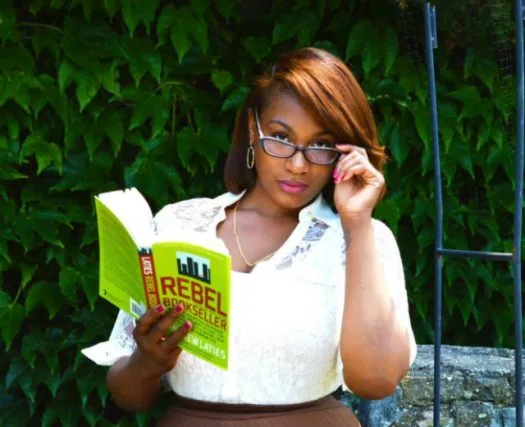
(Credit: Noëlle Santos)
Noëlle Santos: The Lit. Bar
Santos pushed hard to bring reading opportunities to fellow residents of the Bronx, an especially underserved New York City borough. Between successful crowdfunding campaigns, a media blitz, pitch competitions and networking events, Santos of The Lit.Bar did everything she could think of to make sure her neighbors had a bookstore to call their own.
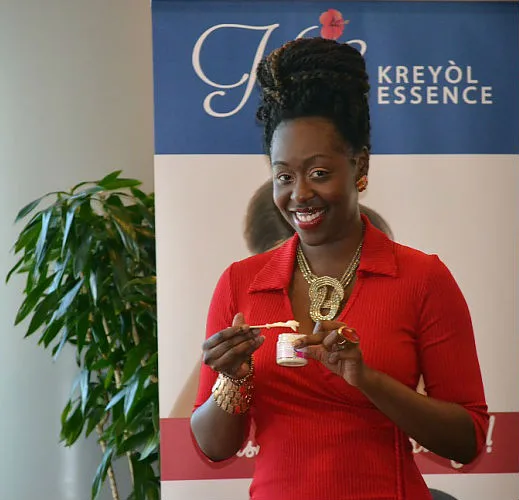
(Credit: Yve-Car Momperousse)
Yve-Car Momperousse: Kreyol Essence
The founder of Kreyol Essence lifts up others by partnering with farmers and other workers in Haiti to source her products’ key ingredients. For her, the success and stability of the company is about much more than personal profit. “Social businesses have to be real businesses in order to have an impact,” she asserts.
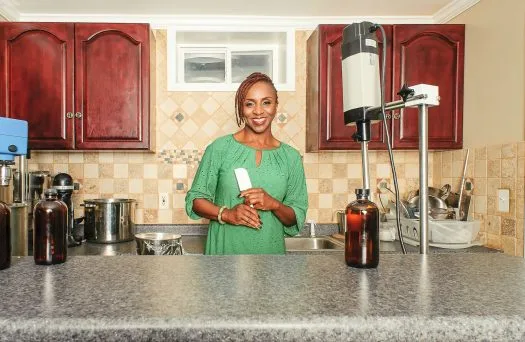
(Credit: Glenford Nunez)
Funlayo Alabi: Shea Radiance
Alabi’s venture, Shea Radiance, suffered a huge setback a few years ago when she landed on the shelves of a major store — and couldn’t keep up with demand. But purpose and passion gave her the strength to weather the storm. Today, she’s back on her feet, back in with major retailers, and lifting up others through her work.
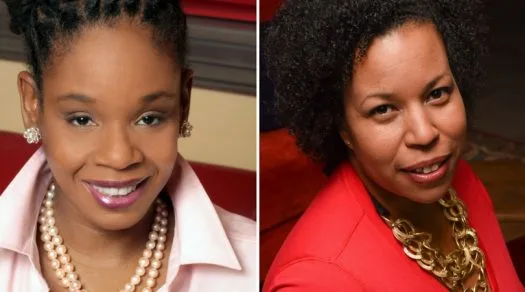
(Credit: Higher Heights)
Kimberly Peeler-Allen and Glynda C. Carr: Higher Heights
They are the co-founders of Brooklyn nonprofit Higher Heights. Through both virtual and real-world outreach efforts, they are leading the charge to get more Black women into office — and the voting booth — where they can effect long-lasting change.
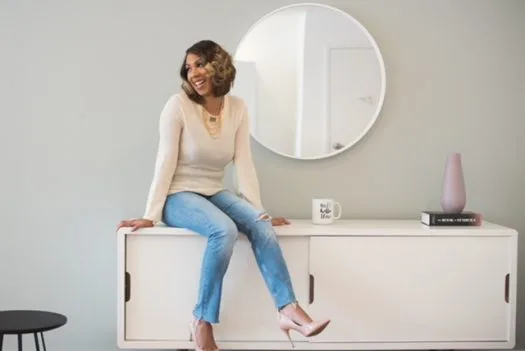
(Credit: Ashleigh Bing Photography)
Amber Williams: Amber Williams
Williams launched her self-named branding consultancy with the idea that stories, not sales pitches, are the best way to reach customers. Her strategies have helped other people of color find voices for their brands — and embrace their true selves. She encourages Black women entrepreneurs in particular to authentically include themselves in their businesses’ narratives.
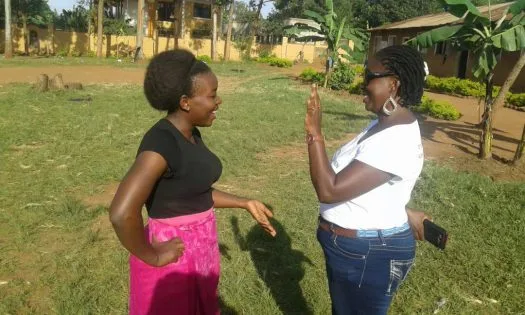
Anna Otedor Kusiima (right) is a founder of NoWAD, which is working to lift up fellow rural women in Uganda. (Credit: NoWAD)
The Network of Women in Agribusiness and Development
This collaboration between seven Ugandan women farmers was formed in 2015. Several years on, they’re giving hundreds of poor women in rural communities the skills and confidence needed to improve their lives, making real change for people who need it most.
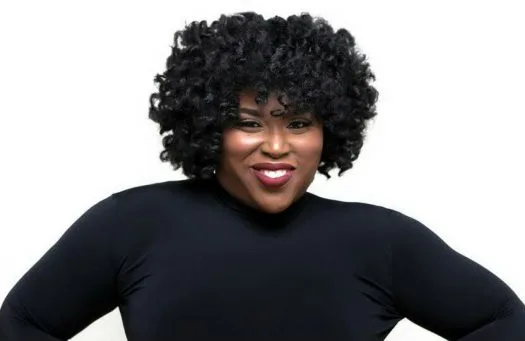
(Credit: Accessmatized)
Takia Ross: Accessmatized
Ross, who is the owner of Baltimore makeup studio Accessmatized, is bringing positivity to everyone from blushing brides and struggling students to stressed-out mothers – with help from the perfect shade of lipstick. Her business is all about heart and convenience for the women she aims to empower.
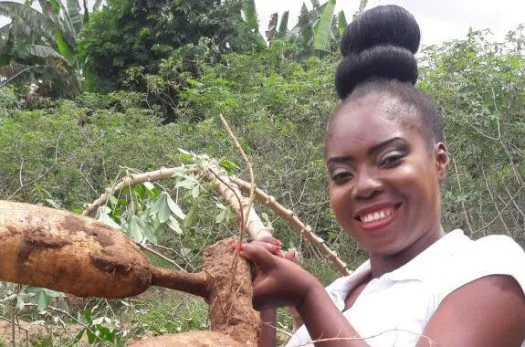
(Credit: Beau Haven Farms)
Rita Robert Otu: Beau Haven Farms
Otu, of Beau Haven Farms, is helping rural women grow and sell vitamin A-rich cassava — and changing their lives in the process. “Our goal is to encourage and support a new generation of entrepreneurial farmers,” she says. By teaching women these skills, she provides a way to for them to support themselves and their families.
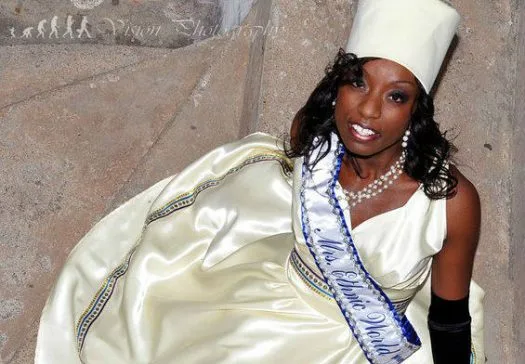
(Credit: Love Life Now)
Lovern Gordon: Love Life Now
A former pageant winner, Gordon launched Love Life Now to unite communities against domestic violence and break down the isolation that survivors like her have experienced, and that allows abuse to persist. She also raises money to help survivors start their lives anew.
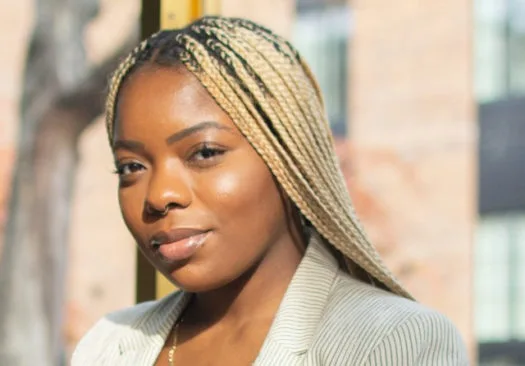
(Credit: SaVonne Anderson)
SaVonne Anderson: Aya Paper Co.
Anderson is the founder and CEO of Newark, New Jersey, company Aya Paper Co. Through her small-but-mighty, eco-friendly venture, which sells cards, journals and other gifts made from recycled materials, she aims to provide Black people like herself with ways to express love that both feel authentic and minimize waste.
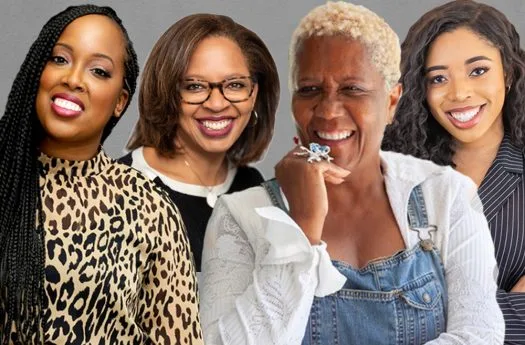
The 6 Women of our ‘Her Perspective’ Series
For this series, we spoke with six Black women – Judi Henderson of Mannequin Madness; Dreena Whitfield of WhitPR; Katrina Thompkins of K’dara CBD; Lisa Love of Tanoshi; Angela McIver of Trapezium Math; and Dr. April Patterson of Dr. Patty’s Dental Spa – about their individual experiences of launching and running businesses. Their stories share common themes, to be sure, but there is also great richness and variety to their startup journeys.
Dr. Aisha Nyandoro: Magnolia Mother’s Trust
The Trust is a guaranteed income program run by Springboard to Opportunities, a nonprofit serving families in poverty in Jackson, Mississippi. It gives $1,000 per month – no strings attached – to 100 Black moms in the area, for one year. Nyandoro launched it as part of her bid to “change the narrative around how we talk about Black women in this country – specifically poor Black women.”
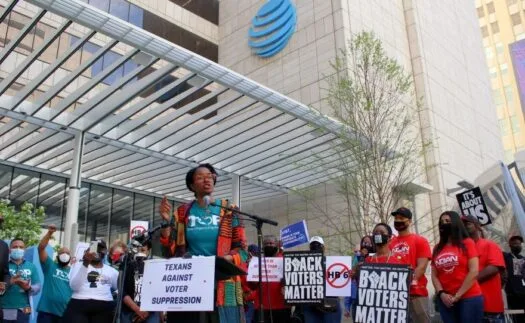
(Credit: Texas Organizing Project)
Brianna Brown: Texas Organizing Project
The 14-year-old organization engages in grassroots organizing efforts to get Black and Latino voters to the polls, and to ensure that the candidates it backs work on their behalf once in office. Brown, its co-executive director, says TOP has two primary goals for its work: improve representation among politicians, and improve residents’ lives.
(This article, originally published Feb. 2, 2019, has been updated for 2024.)


